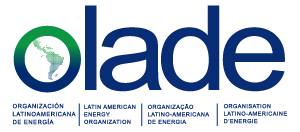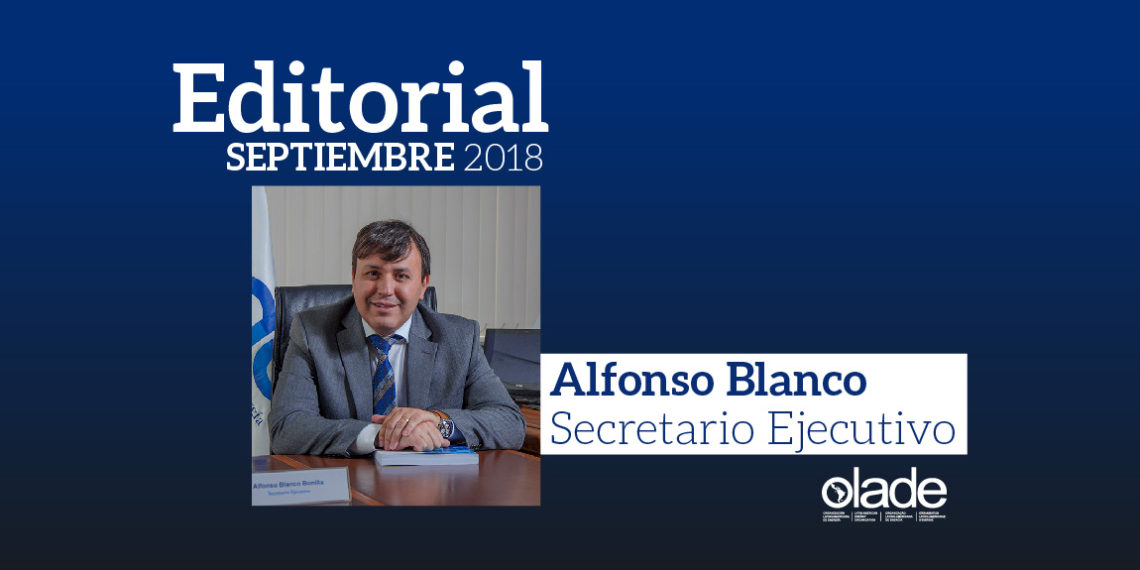Crisis of open regionalism in LAC?
A very in-depth document of CEPAL (Open Regionalism in LAC – Economic Integration at the service of Productive Transformation with Equity), published in 1994, refers to the fact that in Latin America and the Caribbean, governments and civil society sought new ways to adapt to changing global circumstances and facing the multiple challenges that arose for the region. One of the many expressions of this process was the interest in the potential of intraregional cooperation and especially, in formal economic integration agreements, both multilateral and bilateral.
The concept of the fund and the benefits of open regionalism for LAC is also summarized by a World Bank study “Better neighbors – Towards a renewal of economic integration in Latin America”, from 2017, which highlights the advisability of strengthening regional ties to improve the terms of trade of our region with the rest of the world.
According to the ECLAC document, the gradual convergence of economic policies applied in Latin America and the Caribbean and the growing political affinity between civilian and democratically elected governments resulted in a dynamic factor in this regionalization process. Therefore, we might think that more than 20 years after the publication of this document, it would no longer be necessary to persuade governments and various actors in civil society about the benefits of integration and the establishment of open regionalism.
However, today I observe the start of a retraction in the regionalization in LAC, so I plan to go deeper into what changed this time and the causes that motivate this gradual weakening.
In a brief analysis, which does not intend to become a research paper on the subject, I attribute to this retraction in regional integration, three main factors that turn out, in my opinion, to be the main causes.
First, I highlight the global geopolitical context. It is not a hidden issue that the position of the United States in international politics regarding the areas of multilateral dialogue and regional and extra-regional integration agreements was modified in the current Trump administration. This strongly conditions the terms of negotiation with the main global economy and also marks a reference for the international policy of many countries, our region is not the exception. To this we must add the new role on the global stage assumed by China and the European Union, fundamentally in multilateral dialogue platforms.
Second, I identify the geopolitical and economic context at the regional level. The dynamics that are taking place at the level of political alignment in most of the countries of the region, the internal institutional crises of the main regional economies, the legal-institutional gaps that exposed the acts of corruption that occurred in many LAC countries , the economic weakening or slowing down of some economies (consequence of the low international prices of the main tradable goods in the region), are fundamental factors that make countries focus on internal issues, neglecting or prioritizing regionalization and integration.
Third and not least, I identify a deep discouragement regarding the institutionality that supports regionalization and multilateral discussion platforms. In my actions and dialogue with decision makers in the international arena, I observe that there has been a discredit of the institutionality that supports regionalization, understanding that these areas have not met expectations. Likewise, it is observed that the high bureaucracy and high costs of maintaining the institutionality, the identification and signaling of bodies as committed actors in previous geopolitical processes (from which in the new conjuncture seeks to mark a distance) and the meager perceived results, lead to a climate of discouragement and discredit of many of the organizations involved, which have led in some cases to the disarticulation of the platforms or to a “vegetative” existence. If we add to this that there are multiple regional actors that dedicate efforts in an uncoordinated way on the same subject, a concept of inefficiency of the actions of our organizations that threatens regionalization is generated.
For all of the above, the underlying theme ends up being consciously discussing the benefits of open regionalization for LAC, re-creating a strong political conviction that supports an updated regional agenda. An agenda which highlights, that for a region like LAC, migration to exclusively bilateral platforms for extra-regional dialogue, sharpen and expose the existing asymmetries and fundamentally weaken our negotiating conditions, further reducing the position of the most disadvantaged countries regarding the condition dominant of the most powerful economies.
Clearly we must also rethink the effectiveness of the institutionality involved in regional integration processes. Our organizations (including OLADE) must provide clear results, not signal with the geopolitical situation, be impartial and represent all interests fairly, promoting the generation of a regional strategy that applies to all areas. We must respond effectively to the needs of the region, creating synergies and promoting a dialogue that respects the sovereignty of each country.
For this reason, I understand that the organizations must assume part of the responsibility for this weakening of regionalism and be clear that there is no space in the region for a “vegetative” life, that we must add value, generate knowledge, promote dialogue, be the platform for a serious discussion about development in our region and to know that, based on that value provided, we are evaluated, rewarded, or condemned.
Receive a cordial greeting from Quito, Ecuador, Olade’s headquarters.
Alfonso Blanco
OLADE’s Executive Secretary


